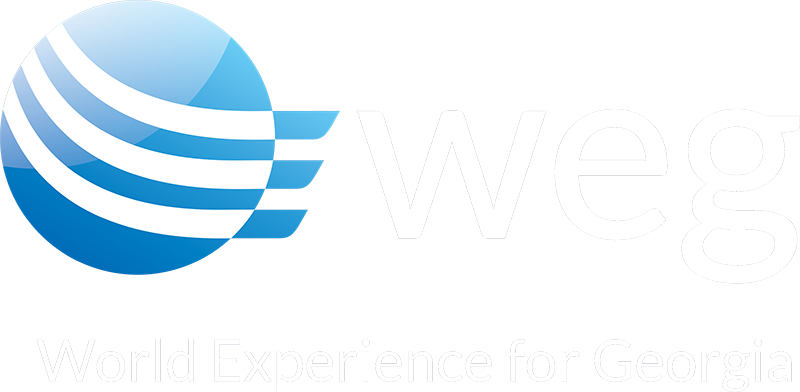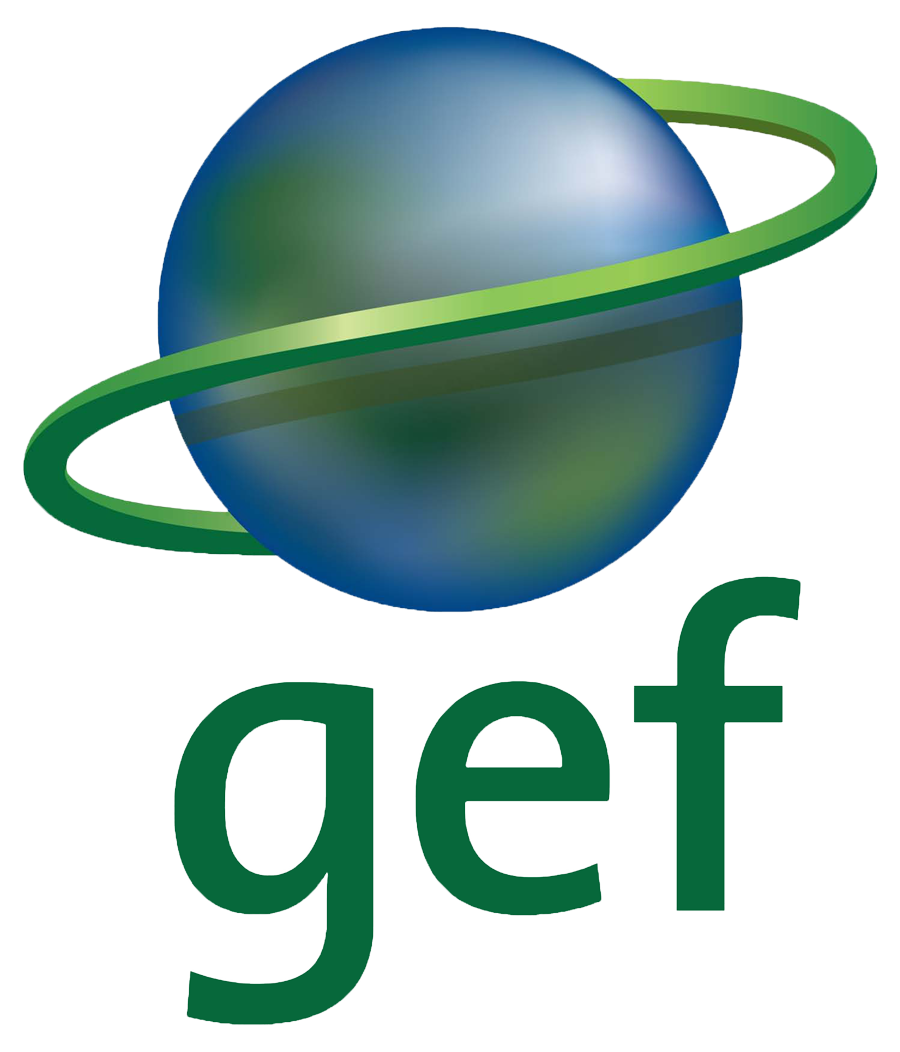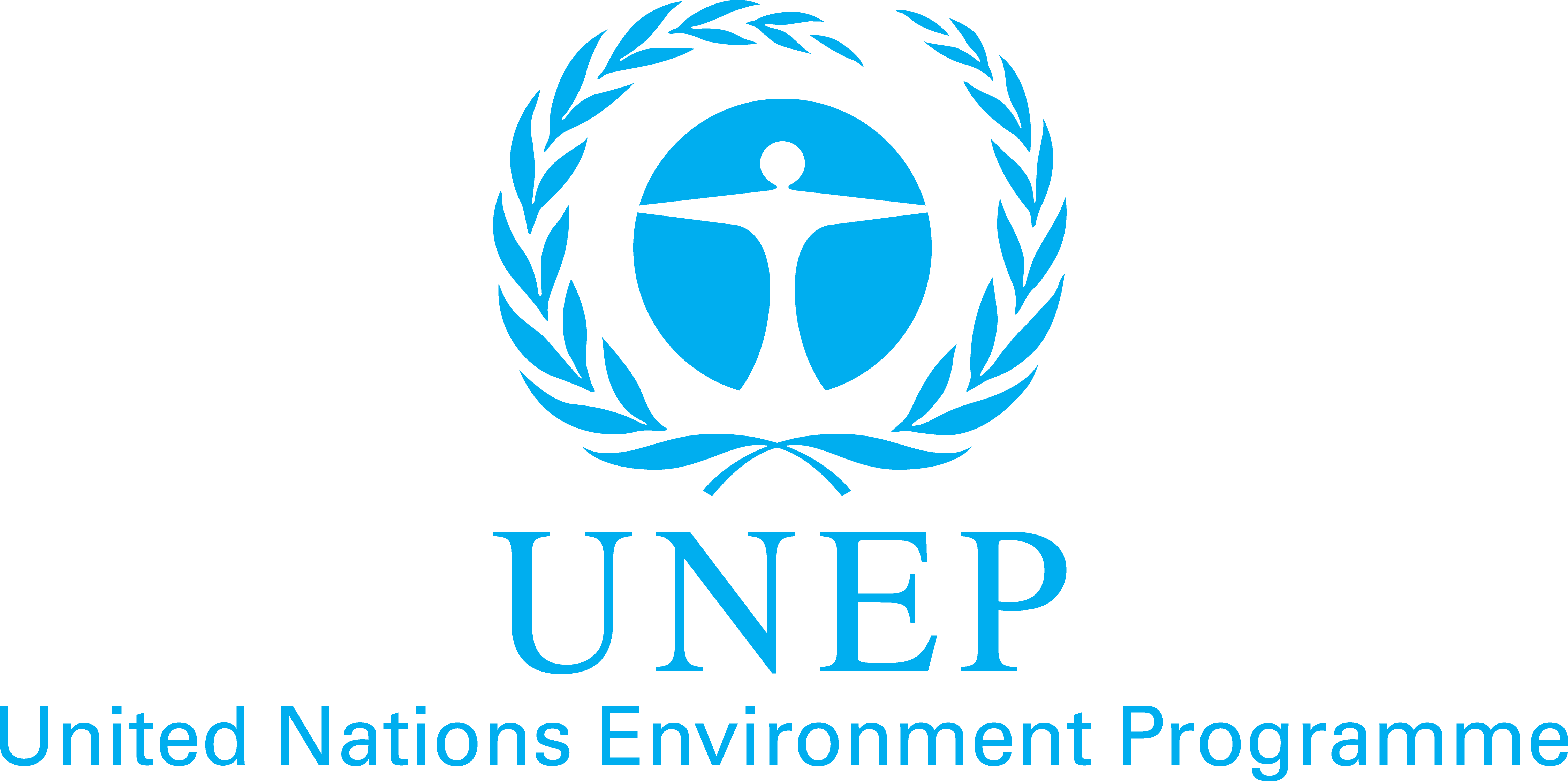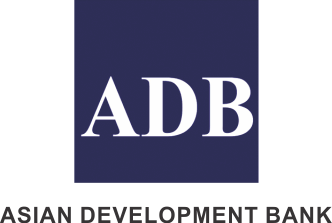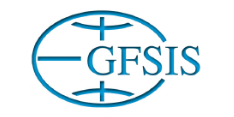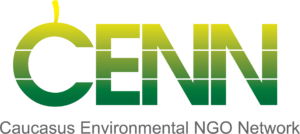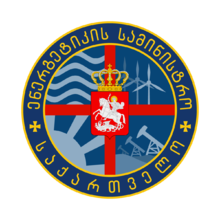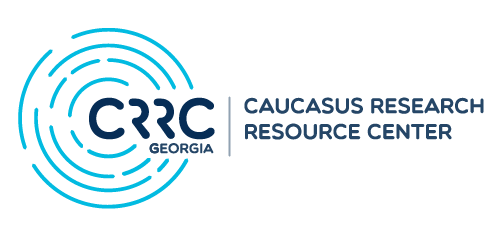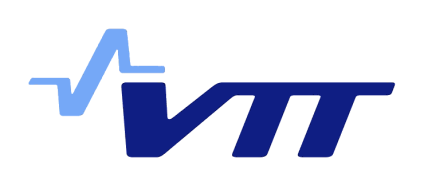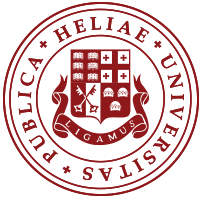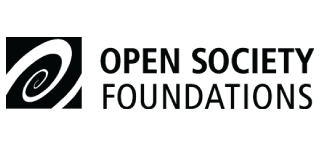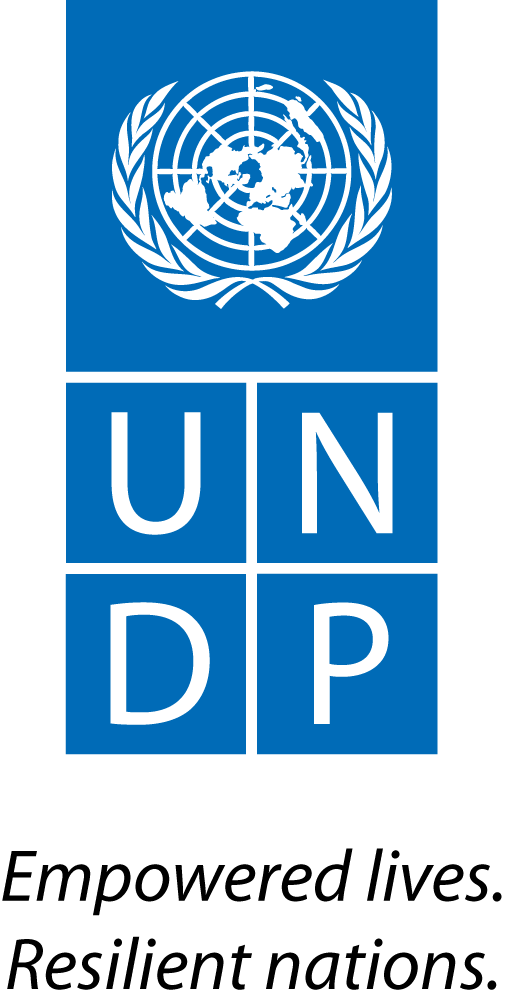Towards Efficient Implementation System for Energy Reform
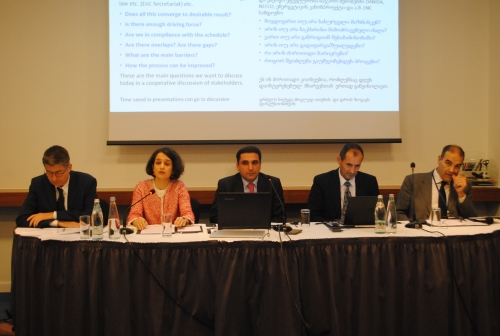
A Stakeholder Coordination Workshop on November 9th 2017 was conducted by WEG with the support of Heinrigh Boell Foundation and in cooperation with Energy Community (EnC) Secretariat. Public and private entities in energy sector, donor agencies, CSOs, diplomatic corps representatives and energy sector specialists attended the meeting. Discussion was devoted to organization of the reform in energy sector, required under EU-Georgia Association Agreement and Energy Community Membership of Georgia.
The workshop was opened by addresses from Boell Foundation South Caucasus Regional Office, Embassy of Germany, EU Delegation and Ministry of Energy. Deputy Minister of Energy George Chikovani, spoke about state-led activities in energy reform. The representative of EU delegation Andrej Bartosievicz presented the EU programs and instruments in support of implementing the EU Energy Acquis in Georgia. Director of Energy Community Secretariat Janez Kopac presented the cases and examples of reforms in other EnC countries. Representative of Georgian Energy and Water Regulatory Commission Zviad Gachechiladze discussed challenges GNERC is facing in reform process. The presentations were followed by interventions from donor aid agencies. Representatives of KfW, USAID, WB and UNDP described their current and planned activities in line with Georgia’s Energy Community reforms. Notably Klaus Veigel of KfW presented the Policy framework for Electricity Sector to be used as basis for Policy Based Landing, while Nick Okreshidze of USAID described a new ambitious program in support of wider reforms and capacity building in the sector. Joseph Melitauri of World Bank described the efforts in support of market trading mechanism. Murman Margvelashvili from WEG briefly presented the scope of the reforms and the indicative work breakdown structure (WBS) for one directive, to illustrate a conclusion that a more organized approach should be taken based on established Project Management methodology.
Although there was no representation of some important donors (EBRD, ADB, DANIDA), the interventions showed a wide range of extensive work, both ongoing and planned. The discussion also clearly indicated some overlaps of project activities, while there was no possibility to identify the gaps. The need for better stakeholder coordination became evident and several stakeholders expressed an interest in having similar stakeholder meetings in future.
More precisely, the discussion showed: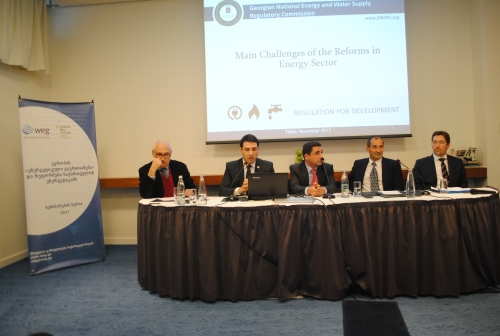
- There is a large amount of work being done by different donor agencies. There are visible overlaps in some directions while gaps have still have to be analyzed; Donor projects need to be better coordinated to avoid overlaps and to minimize the gaps;
- The progress in decisions on major energy reform issues as well as in work on draft documents has been slow and needs to be expedited;
- There is no special resource allocation from the government to ministries to lead the reform. There is a need of dedicated human resource in public entities that would be tasked primarily with reforms;
- The complexity of reform, especially in view of Georgia specific conditions (Enguri/Abkhazia, HPP memorandums, SOCAR and Gazprom agreements, etc.) raises concerns about the expected quality of solutions and meeting the agreed deadlines;
- Discussion has revealed that Georgia is not in compliance with the article 215 of the Association Agreement requiring appointment of independent regulators regulating electricity and gas markets. GNERC does not regulate electricity and gas markets, keeps only monitoring function;
- A period of uncertainty during the reforms needs to be minimized in order to minimize the expected downtime in investment.
- There is a need for an efficient management of reform to avoid the inconsistencies, omissions and delays, and to achieve quality of reform while still being on time
Recommendations
- Coordination between public entities needs to be improved and aligned under a common vision and framework. A high-level oversight and sponsorship from the top level of government needs to be secured through the efforts of stakeholders;
- An established Project Management approach and methodology shall be applied to streamline the reforms. In terms of PMI (PMBOK) this requires project integration efforts to be intensified. Creation of a Project management unit, Development of a Project Charter, and Project Management Plan (including communication plan, risk management, quality assurance etc.) might be the first steps
- A detailed Road Map of the reform needs to be developed with proper Work breakdown Structure Schedule and allocation of human and other resources;
- Matrix organization structure needs to be created within the public entities in order to have devoted staff working on reforms. Create task forces in various reform directions with appointed representatives Create a regular donor coordination and communication mechanism for aligning the project activities
- A change in the law needs to be initiated empowering the regulator to regulate electricity and gas markets, in accordance with the AA and to involve its professional resource in the reform.
In a short time after the meeting major developments have taken place that only partly affect the conclusions above:
- Meeting with Sector entities. The next day after the workshop there was a meeting of EnC Secretariat where most of difficult issues related to the draft Energy Law were discussed and brought closer to resolution. This promises to expedite the implementation of Electricity Market directive and may lead to meeting the deadline in this direction
- The government has announced a merger of the Ministry of Energy into the Ministry of Economy and Sustainable Development. This reorganization may be partly beneficial for coordination of reforms but may also raise some uncertainties and delays. The mechanisms and modalities for implementation of AA and EnC accession requirements under the new government structure need to be clarified promptly and strong leadership of the reform process from requested MoSD.
